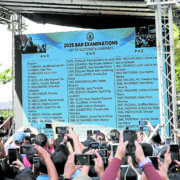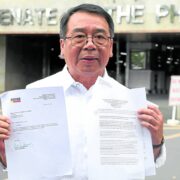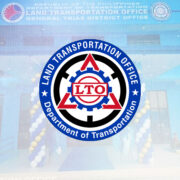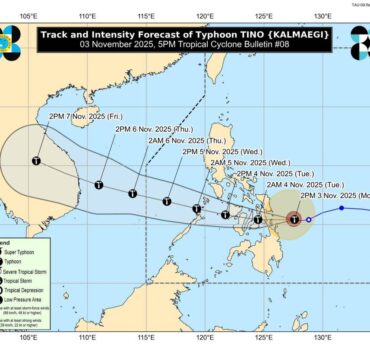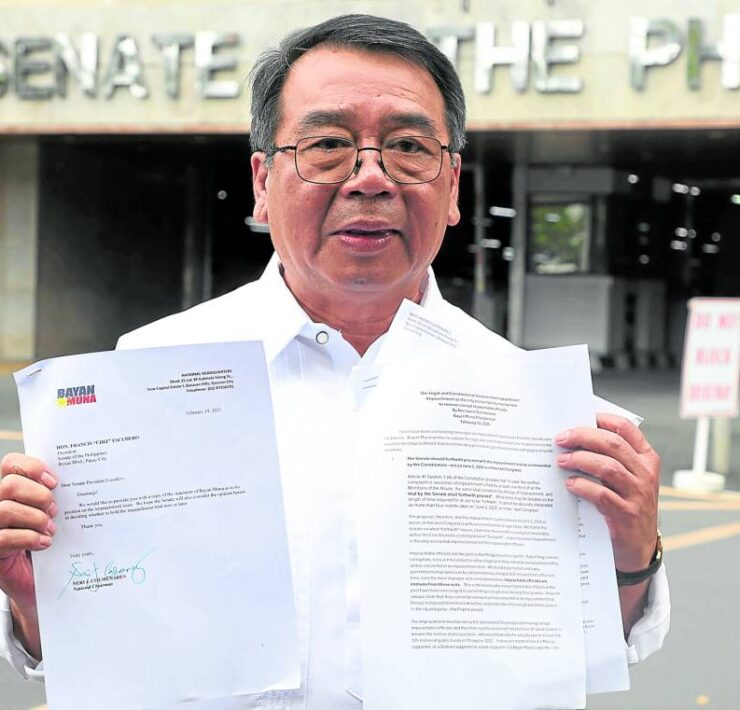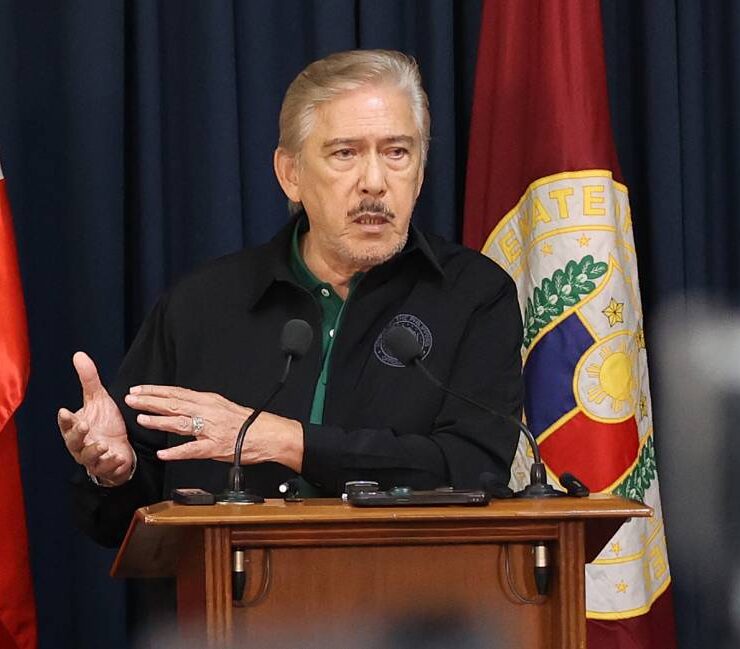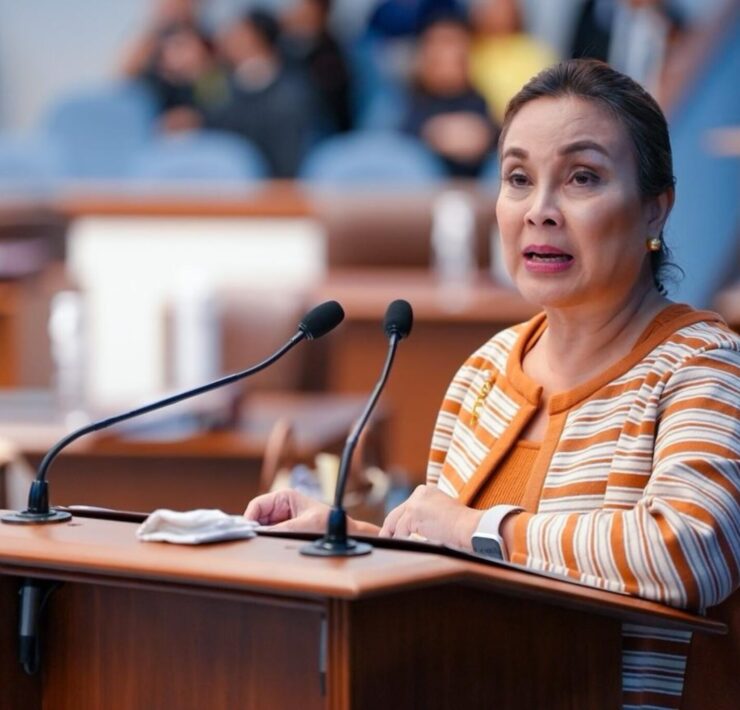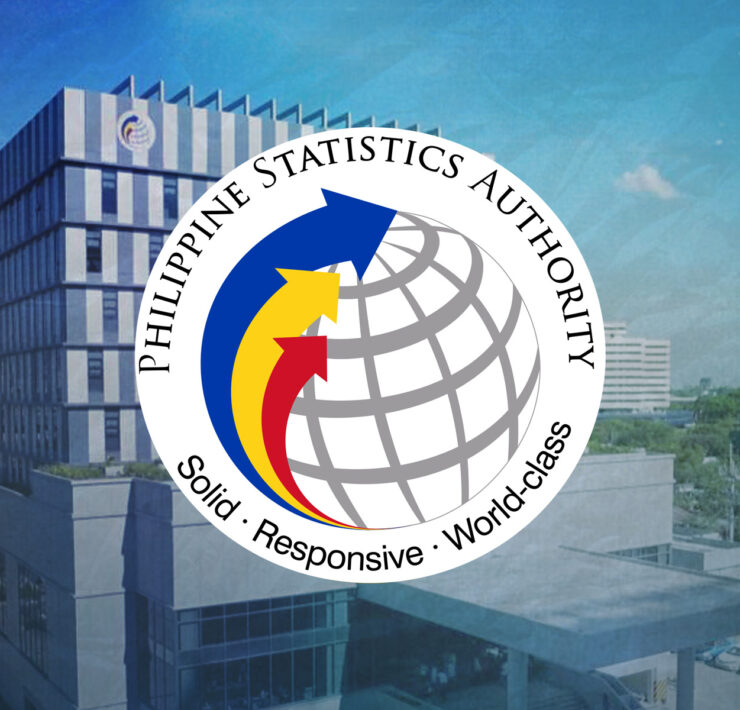Gov’t infra cost down; DPWH eyes P60-B savings
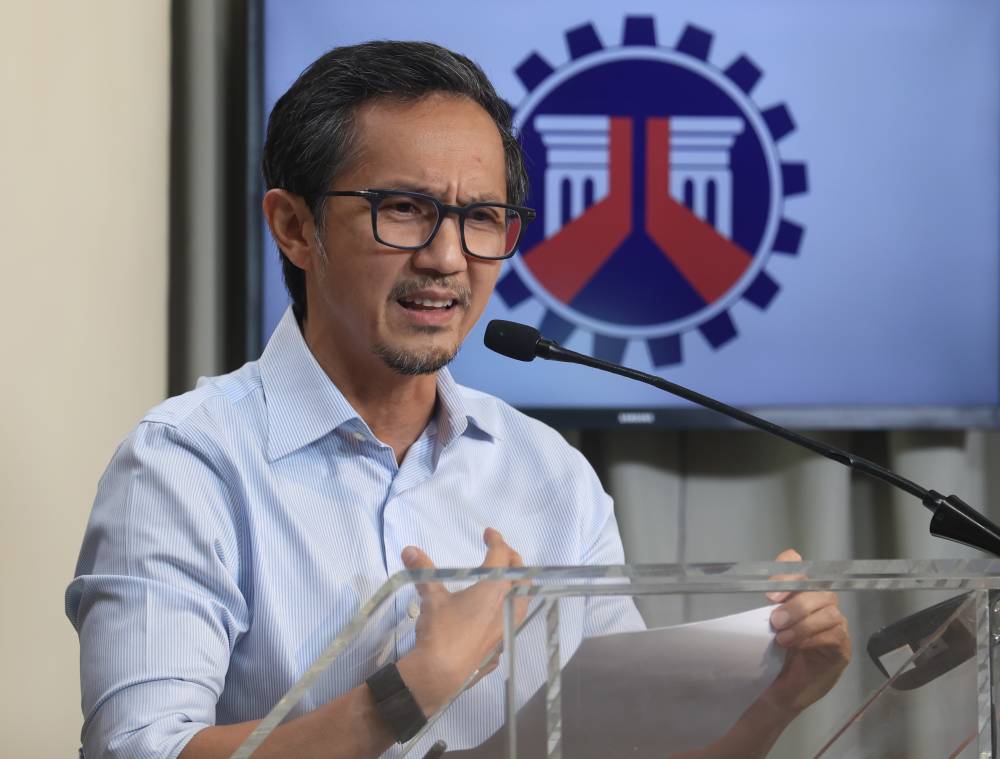
Public Works Secretary Vince Dizon announced on Monday that he has signed an order lowering the cost of various construction materials used in government projects by as much as 75 percent.
In a briefing, Dizon said the cost of asphalt, steel sheet piles, gravel, sand, reinforced steel bars grade 60 and grade 40, cement, as well as ready-to-mix concrete will be cut and aligned with current market prices.
Dizon estimated that the lower prices will result in P60 billion worth of savings in the 2026 budget and it is up to Congress to decide where this money will be used.
The public works chief added that his order to lower the material cost applies not just to public works slated for next year, but also for “2025 projects that have yet to be awarded, that have no contracts, and are still being procured.”
“So even in the 2025 [budget], there would already be savings. I just don’t know how much,” he said.
Dizon noted in a presentation that based on the findings of a team led by Public Works Undersecretary Lara Esquibil, prices of some construction supplies for certain government projects can be reduced by 75 percent to align with prevailing market costs.
The team examined the prices of construction materials in the market by checking those that were sold by accredited private suppliers and compared these with the cost previously set by the Department of Public Works and Highways (DPWH).
Across the country
On average, it was found that the asphalt used in government projects costs P13,863.85 per metric ton (MT).
However, upon checking the average market value of the item, Dizon noted that it was priced at only P6,961 per MT.
Prices of construction materials and their market value also varied depending on the area, but Dizon pointed out that asphalt was consistently priced higher than its market value across 17 regions of the country.
Mimaropa (Mindoro, Marinduque, Romblon, Palawan) had the biggest difference between the government cost of asphalt and the market price, with Dizon saying that “in the projects we saw in Mindoro, the price of asphalt was P23,650 per metric ton. But based on what we saw in the market, it was less than P6,000.”
Given a market price of P5,937, Dizon noted that projects in Central Luzon had asphalt that costs P14,006.81 per MT, while in the National Capital Region (NCR), it goes for P13,938.49 per MT.
In Calabarzon (Cavite, Laguna, Batangas, Rizal, Quezon), asphalt was priced at P13,525, while in the Bicol region it was P12,731.
When it comes to steel sheet piles, their average cost for the DPWH was P62 a kilo, but it was found that the average market value was only at P40 a kilo, based on data presented by Dizon.
Caraga posted the highest price for steel sheet piles at P85 a kilo, which was more than double the market price of P37 a kilo in the region.
Opportunities for corruption
“These are the components of flood control [projects], together with gravel, cement, sand, all of it,” Dizon said. “These are included in what the President called as opportunities for corruption. That’s what we are trying to reduce here.”
Grade 1 gravel used in public works costs an average of P1,015 a cubic meter, but its market price was found to be only P690. Caraga region similarly had the highest price for gravel at P1,606 a cubic meter compared to the market value of P601 in the area.
Meanwhile, sand used in government projects had an average price of P952 a cubic meter, but its market cost was only P650.
Government projects in NCR had the most expensive sand at P1,315 compared to the prevailing market price of P450.
This was followed by Caraga, with sand priced at P1,406 (market price of P557), and Mimaropa with P1,538 (P620).
Moreover, reinforced steel bars grade 60 were priced at P54 a kilo on average, while their market value was only P37. Reinforced steel bars grade 40 were priced at P52 a kilo, while their market price was P36.
Construction materials that were priced closest to their market value were cement and ready-to-mix concrete, although the average government cost was still higher than market costs.
Cement was priced at P236 per 40-kilo bag as against its market value of P213, while ready-to-mix concrete cost P5,782 a cubic meter compared with the market price of P5,402.
President Marcos had earlier instructed Dizon to lower the prices of construction materials by “as much as 50 percent.”
“In order to ensure that the cost of the DPWH will reflect the cost of the market, and to ensure that the people’s money is correctly spent, I have directed the DPWH secretary to bring down the cost of materials by as much as 50 percent, which will result in savings in the capital outlay spending of at least P30 to 45 billion,” Mr. Marcos had said.
Capital outlays refer to expenditures to build roads, bridges, dams, irrigation work, schools and hospitals.
On Oct. 30, the President announced that he had also ordered other government agencies with infrastructure items in their budgets to follow the move of the DPWH to reduce the cost for construction materials by as much as 50 percent. —WITH A REPORT FROM INQUIRER RESEARCH





